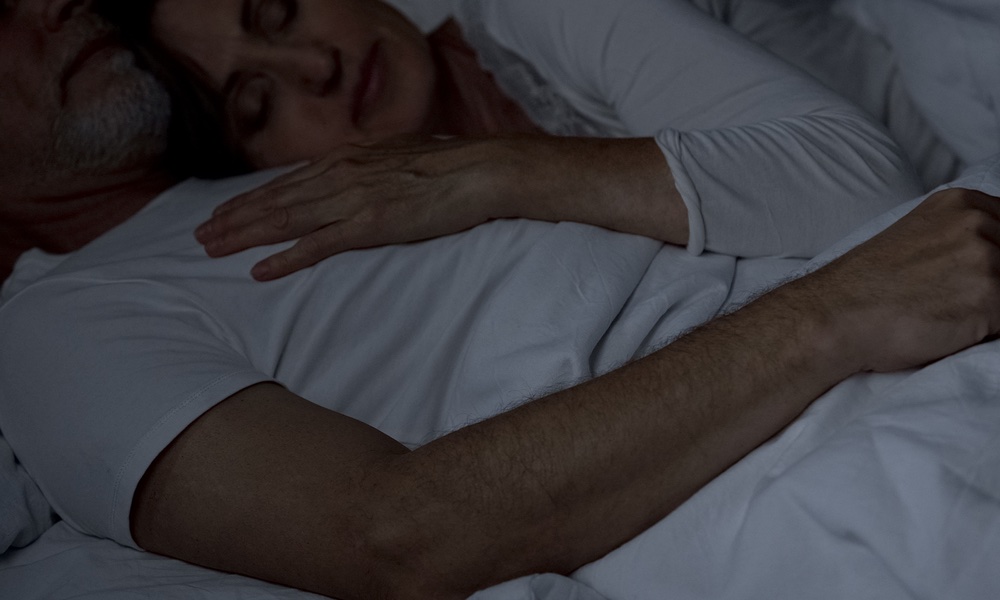In the race to find a cure for Alzheimer’s, finding the cause is equally important. Researchers know that inflammation in the brain seems to be involved, and that tau protein and amyloid plaques accumulate, which ultimately kill brain cells. But they’re not sure what triggers these cascades in the first place.
Sleep deprivation may be a culprit, a new study suggests — and though it’s not totally clear that it’s the cause, it certainly seems to play a central role.
The University of California, Berkeley team gave 26 healthy adults, between 65 and 81 years old, PET scans to measure their levels of beta amyloid. The protein is present in healthy brains to some degree, but can also cause the plaques that are present in Alzheimer’s disease, if it accumulates.Sleep could be a novel therapeutic target for fighting back against memory impairment in older adults and even those with dementia.

People who had the poorest quality of sleep also had the most beta amyloid in the frontal lobes of the brain, where memories are stored for the long-term. These participants also had the poorest recall of the words they’d memorized the day before. And these participants were all healthy — that is, none had signs of Alzheimer’s disease.
“The more beta-amyloid you have in certain parts of your brain, the less deep sleep you get and, consequently, the worse your memory,” lead author Matthew Walker said in a statement. “Additionally, the less deep sleep you have, the less effective you are at clearing out this bad protein. It's a vicious cycle.”
But it’s not clear which comes first, and whether one factor causes the other — that is, whether poor sleep actually leads to the amyloid buildup and the memory problems. It could be the other way round. Or there could be another, as yet undiscovered, factor that causes everything.
Says Walker, “We don't yet know which of these two factors — the bad sleep or the bad protein — initially begins this cycle. Which one is the finger that flicks the first domino, triggering the cascade?”
“ This discovery offers hope,” says Walker. “Sleep could be a novel therapeutic target for fighting back against memory impairment in older adults and even those with dementia.”
The team plans to follow older adults for five years to track the relationship over time. In the meantime, try to make sleep a priority. Right along with eating well and exercising, getting 6-8 hours of sleep a night is a good idea. And if you’re tired during the day, you can always take a quick nap.
The study is published in Nature Neuroscience.




